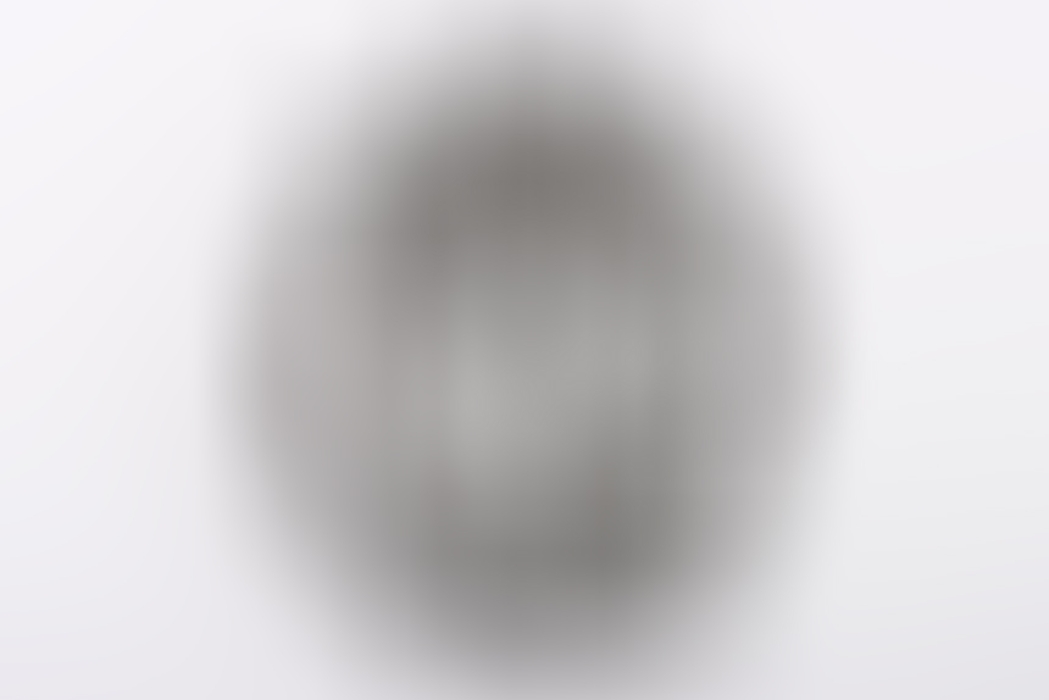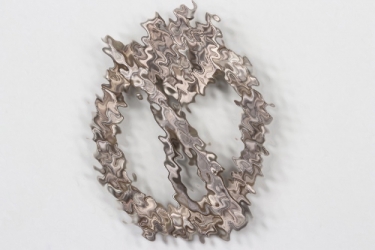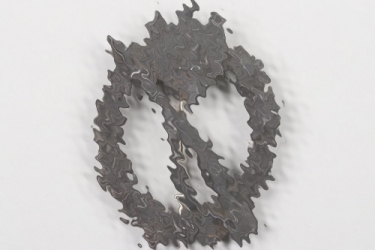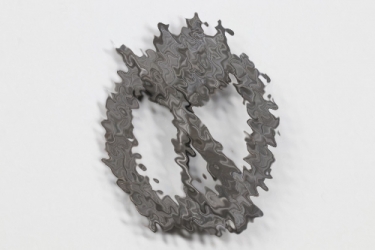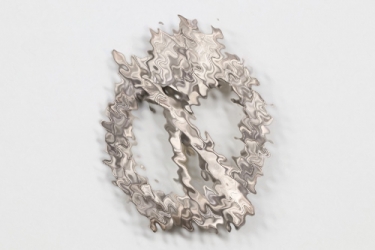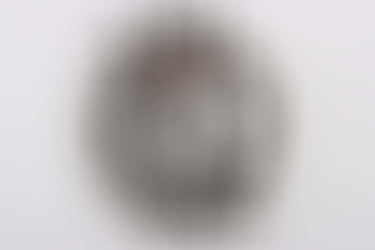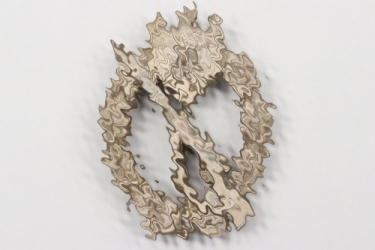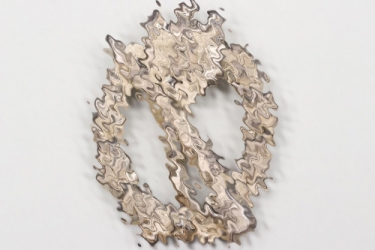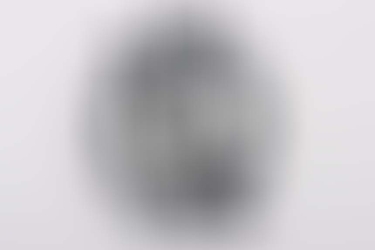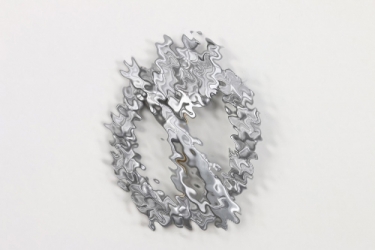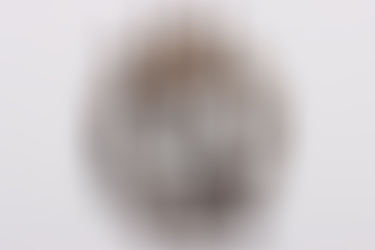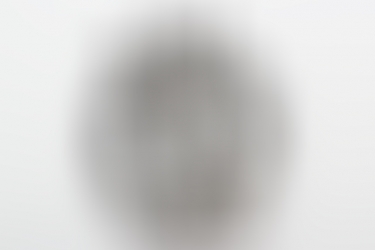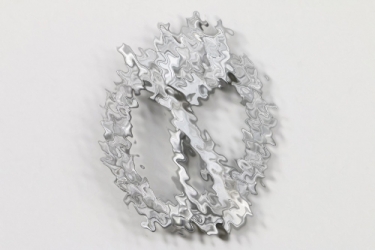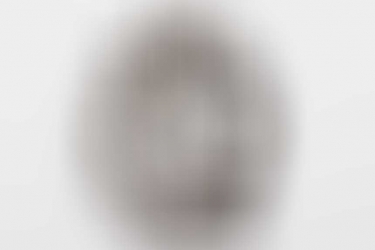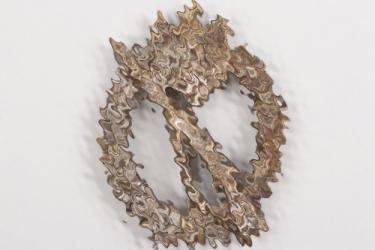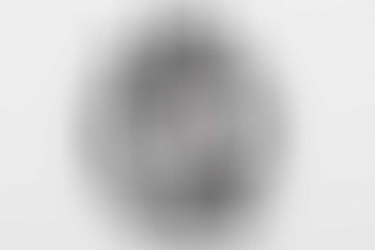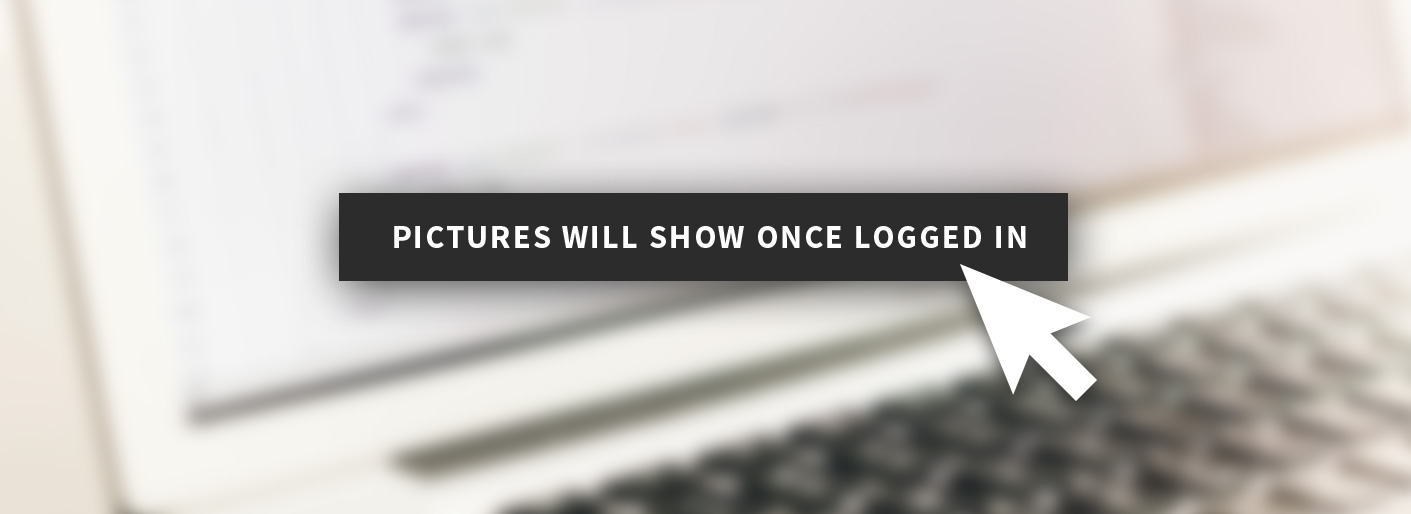A lifetime collection - Jan 2023
Bidding on 599 lots has ended on 5th February 2023. 82% of all lots sold
Infantry Assault Badge in Silver - semi hollow
MILITARIA PRICE GUIDE
How can I see results?
We continue to publish our last three auction catalogues containing results, descriptions and pictures free of charge for all customers once logged in!
Earlier catalogues are now accessible for subscribers of the new ratisbon's MILITARIA PRICE GUIDE only. This new feature not only provides full access to all past catalogues but supplies sold items in a categorized price guide. Visit www.ratisbons.com/militaria-price-guide for more details.
Own a similar product you want to sell? We are here for you at +49 8541 9053699
-
PAYMENT
-
HOW CAN I PAY FOR MY ORDER?
AUCTIONSYou will receive an e-mail confirming your successful bids the day after the auction has ended. In your personal my ratisbon's you will be able to inform us about your most convenient payment method for this order or tell us about an alternative shipping address.
If we don’t hear from you within 24 hours, we will send an invoice choosing the payment and shipping options which we think are the most comfortable ones to you. If you decide to change your shipping or payment method after receiving your invoice, just drop us a line or visit my ratisbon's/ORDERS for any more details.
SHOP ORDERSChoose your payment method when ordering and submit your order. Once your order has been received we will send an invoice including your shipping costs and your payment instructions.
After receiving the invoice, the order must be paid within 7 days.
Please contact us to discuss layaway options.To learn more about paying at ratisbon's, please see your FAQ pages.
WE ACCEPT FOLLOWING PAYMENT METHODS
-
-
Versand
-
HOW DO YOU SHIP MY NEW TREASURES?
PACKING & TRACKINGWe usually send out orders within 1-3 working days after your payment has been received. In most cases, we are faster than this! We will inform you when your goods are being dispatched and provide a tracking number, In addition, you can always check your order status at my ratisbon's/ORDERS. Delivery times will vary depending upon the delivery destination and type of shipping service you have chosen.
SHIPPING TO ALTERNATIVE ADDRESSIf you prefer to have your order shipped to your work address or a friend during your absence, we will happy to arrange this for you. Send us an email letting us know about your new shipping address and we will be happy to send an updated invoice to you.
OUR LOGISTIC PARTNERS ARE AS FOLLOWS
-
-
OUR GUARANTEE
-
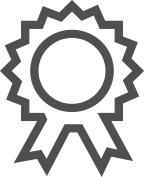 OUR GUARANTEE!
OUR GUARANTEE!We only offer collectables which to the best of our specialists knowledge are authentic. About 15% of all consignments are returned to the consignor after extensive research due to authenticity issues.
Unlike traditional auction houses we do offer a full right of return. If you are not satisfied with what you won or bought, you may return it within 14 days. Please inform us and we will instruct you on how to return the goods. For more information, please visit FAQ pages.
Important note: Cancelling bids after an auction may disappoint the consignor, who like you is a collector. This situation is easy to avoid. We encourage you not to bid on any collectable if you are unsure if it fits into your collection. Ask us to cancel your bid 24 hours prior to the end of an auction to avoid this situation.
-
COUNTRY Germany 1918 - 1945
DIMENSIONS
WEIGHT
EAN 2000000719832
PERIOD 1918 — 1945
COUNTRY Germany 1918 - 1945
MATERIAL zinc
DIMENSIONS
MAKER
WEIGHT
COUNTRY Germany 1918 - 1945
LOT 64-0317
DIMENSIONS
EAN 2000000719832
MAKER
WEIGHT
Description
Zinc. Semi-hollow construction. Unmarked. Good condition.
Condition
2
NAME
Infantry Assault Badge Silver
(Infantrie-Sturm-Abzeichen)
DATE OF INSTITUTION
Shortly before the start of the Second World War Generaloberst von Brauchitsch ordered the creation of an Infantry Assault Badge. Work started early December 1939 and on December 20th, 1939, based upon the final design C.E. Juncker, the Oberbefehlshaber des Heeres von Brauchitsch signed the official institution document for this award in Berlin.
AWARD CRITERIA
The Infantry Assault Badge is awarded to Officers, NCO’s and Soldiers of non-motorized Infantry Divisions and Mountain Infantry Companies (Gebirgsjäger) who participated in Infantry Assault or Counter Assaults with light Infantry weapons on three separate days. The assault days were counted as of January 1st, 1940.
GRADES
Grade I was awarded after 3 combat days
No higher grades existed but to reward continued fighting by the infantry in 1943 the Close Combat Clasp was created.
MANUFACTURING SPECIFICATION
Apart from one exception, all early Infantry Assault Badges were made in hollow form. Materials used were Nickel Silver and Tombak (Buntmetall) Both yellow and on rare occasions also white Tombak was used.
In an effort to save precious materials, by the middle of 1941 the switch was made to Hollow Zinc and, on rare occasion Cupal, production By the end of 1941 the order was given only to produce Combat Awards in solid form. This also affected the Infantry Assault Badge that from then on only was produced in Zinc both in solid and in semi-hollow form. As the war progressed the quality of the zinc used would steadily deteriorate.
The same goes for the finishes used. Where early badges show a high-quality plated finish, later awards will receive electroplated or galvanized finishes and the last will only receive a cheap wash finish.
For civil use first, a 16mm and later a 9mm miniatures were produced.
PRESENTATION
The Infantry Assault Badge had to be worn on the left breast side of the uniform. In a central position if worn as a single decoration, below and to the right if in combination with higher valor awards such as the EK I.
The recipient would receive an A4 or A3-sized award document.
No presentation case did ever exist. The awards either came in paper or cellophane envelopes or in a generic cardboard box.
MANUFACTURERS & NUMBER OF SILVER GRADE PANZER ASSAULT BADGES AWARDED
Till date over 50 different were identified.
The number of Infantry Assault Badges actually awarded will forever remain unknown but most likely far more than 1 million were made.

